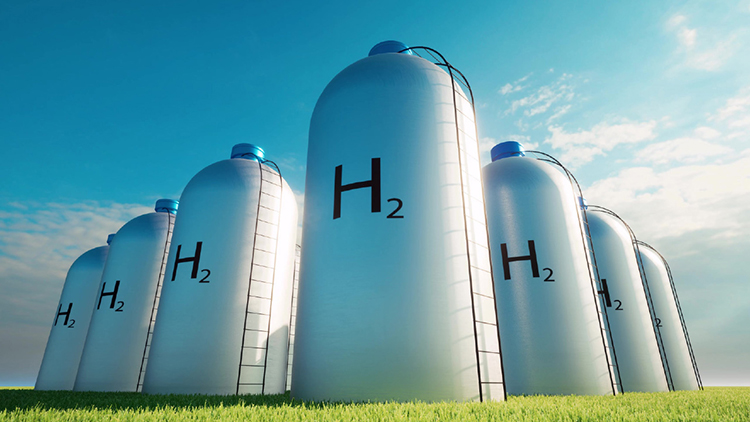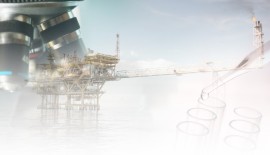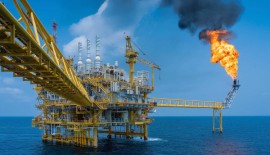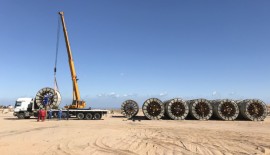Edge Computing: A New Era of Operation Efficiency
Due to the nature of uncertainty in the oil and gas industry, it is necessary for operators to find solutions to increase production and improve operational efficiency at low costs. This is besides the new urgent need for decarbonizing the industry in order to overcome climate change. At the time of digital transformation, one of the latest new technologies that can play a key role in this regard is edge computing.


















